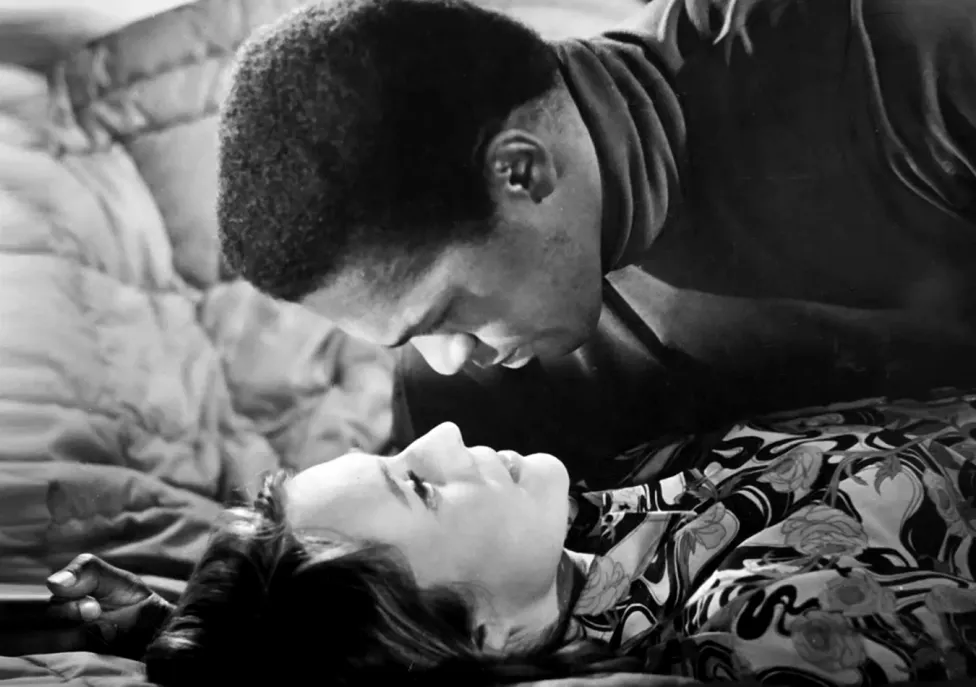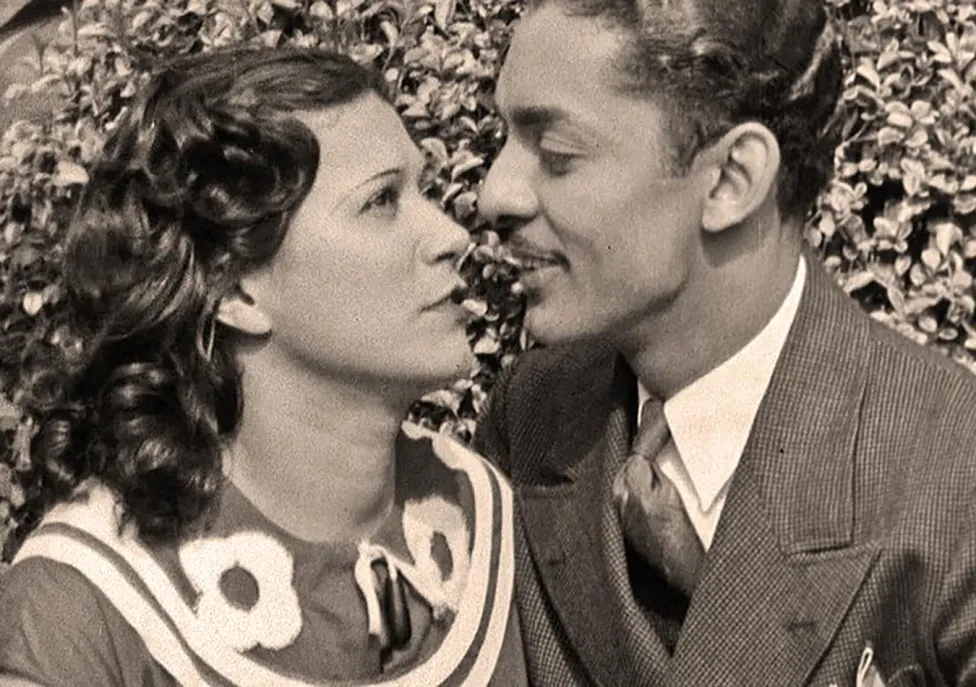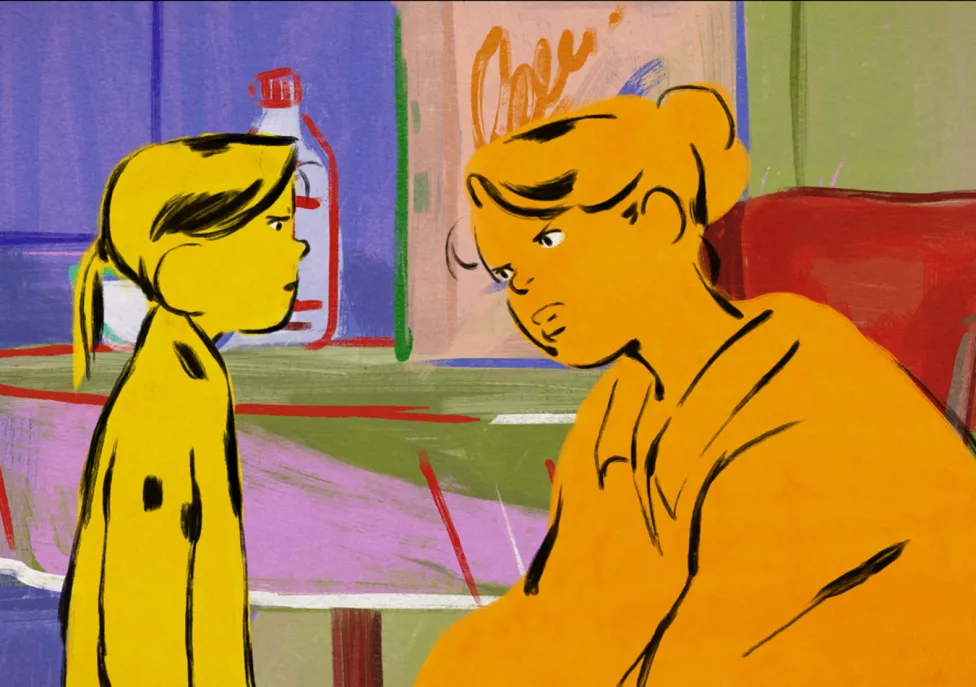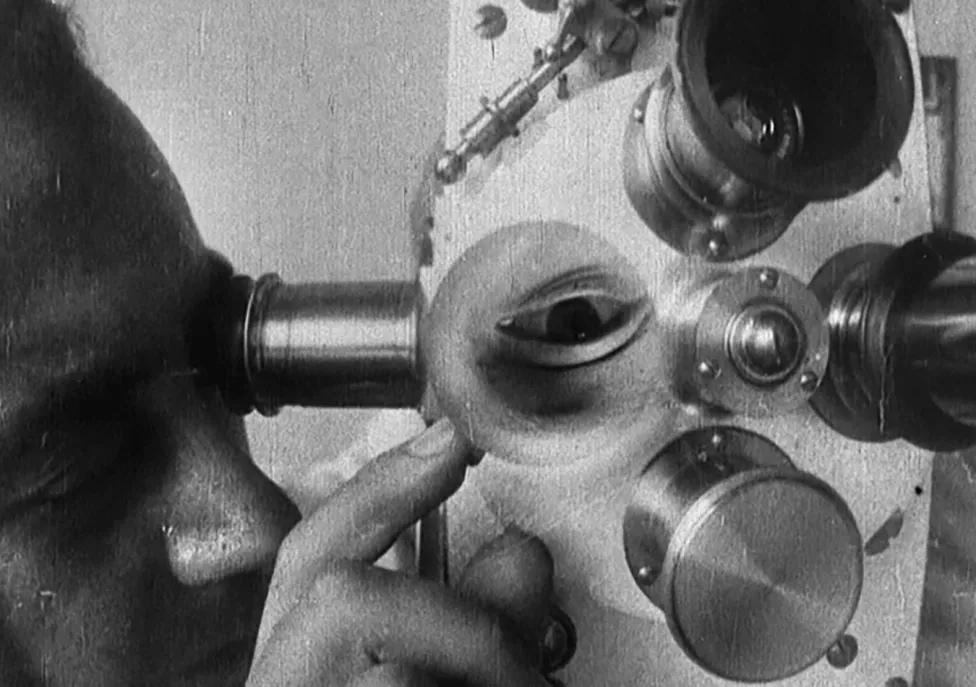Shoeshine (Restored)
Get tickets:
Friday, Aug 9, 2024
7 p.m.
Saturday, Aug 10, 2024
7 p.m.
Sunday, Aug 11, 2024
2 p.m.
| General admission | $10.50 |
| Senior, Students, and DIA Members | $8.50 |
+$1.50 online convenience fee
Italy/1946–directed by Vittorio De Sica | 93 min.
Prior to filming their Oscar®-winning 1948 classic Bicycle Thieves, the writing and directing team of Cesare Zavattini and Vittorio De Sica created the brilliant, groundbreaking Italian neo-realist masterwork Shoeshine (Sciuscia). A drama of two young street kids who become involved in Rome’s black market while scraping together a meager living polishing shoes in the chaotic aftermath of World War II.
Shoeshine has long had distribution problems in the US, but this stunning restoration—made possible by the Film Foundation, the George Lucas Family Foundation, and Cineteca di Bologna—marks a new era. Winner, Honorary Academy Award® for Quality of Production. In Italian with English subtitles.
“Radiant, compassionate, and above all, humane. If people cannot feel Shoeshine, what can they feel?” —Pauline Kael, I Lost it at the Movies

Italy/1946–directed by Vittorio De Sica | 93 min.
Prior to filming their Oscar®-winning 1948 classic Bicycle Thieves, the writing and directing team of Cesare Zavattini and Vittorio De Sica created the brilliant, groundbreaking Italian neo-realist masterwork Shoeshine (Sciuscia). A drama of two young street kids who become involved in Rome’s black market while scraping together a meager living polishing shoes in the chaotic aftermath of World War II.
Shoeshine has long had distribution problems in the US, but this stunning restoration—made possible by the Film Foundation, the George Lucas Family Foundation, and Cineteca di Bologna—marks a new era. Winner, Honorary Academy Award® for Quality of Production. In Italian with English subtitles.
“Radiant, compassionate, and above all, humane. If people cannot feel Shoeshine, what can they feel?” —Pauline Kael, I Lost it at the Movies








